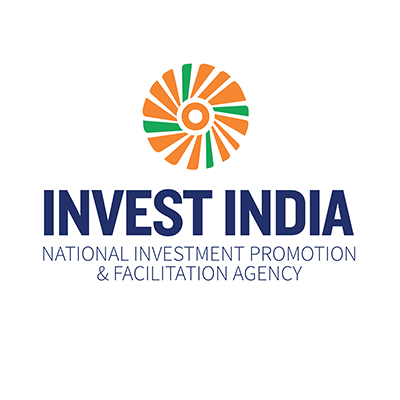ReNew Power to set up a 2,000-MW solar plant
Vestas is looking to transforming India into a manufacturing hub with end-to-end capacities, introducing suppliers to the Indian market so that the entire supply chain can be shifted to the country which is working on achieving 450 GW renewable energy by 2030.
Sharing the industry wide-plan, Clive Turton, Group President and Chief Executive Officer of Vestas Power Solutions, pointed out that India needs 100 GW of wind energy in the next decade to achieve its large RE target of 450 GW.
Speaking at the Digital Conference & Exhibition on Aatma Nirbhar Bharat – Renewable Energy Manufacturing on 16 July organized by Confederation of Indian Industry (CII), he called on the Government to strive to streamline the land-acquisition complexity for the industry which has the ability to generate four times as many jobs, while staying focused on safety standards in manufacturing.
Meanwhile, ReNew Power will be setting up a 2,000 MW of solar module and component manufacturing plant in the next few years, announced Sumant Sinha, ReNew Power Chairman and Managing Director.
But the key to promoting indigenous RE manufacturing and attracting new investments needs grandfathering of manufacturing projects for two years when BCD and other duties are imposed, streamlining land acquisition, policy security for 5-7 years, according to Sinha also Chairman of the CII Renewable Energy Council.
“The situation of the manufacturing sector in India is a cause of concern especially when seen in comparison to the massive transformation registered in this sector by other Asian countries in similar stages of development,” said Sameer Gupta, Chairman and Managing Director of Jakson Group.
At around 16% value-added of manufacturing to India’s GDP, the sector does not seem representative of its potential which should have been at 25%, according to Gupta, also Co-Chairman, CII Task Force on Make in India – Renewable Energy as well as Chairman, CII Conference & Exhibition “Aatma Nirbhar Bharat” Opportunities in Renewable Energy Manufacturing.
“RE sector will remain the catalyst for all other sectors.” Citing Brazil as an example, he said that the need of the hour is an integrated systems solution while providing captive power to MSME which will help them to hedge power costs for 25 years,” said Tulsi Tanti, Founder, Chairman and Managing Director, Suzlon.
Speaking at the conference, Anurag Thakur, Minister of State for Finance and Corporate Affairs, has underlined the need to strengthen manufacturing and strengthen manufacturing-based exports.
In 2019, India was ranked as the 4th most attractive market in terms of renewable energy. The Government is taking several steps in this direction that has established India as the 3rd largest solar market in India.
That said, he also recognized that the manufacturing of RE components is in its nascent stage in India which imports close to 80% of solar cells and modules from China.
Installing large capacities in India will require raising capacity at indigenous manufacturing though the Ministry of New and Renewable Energy is already giving financial support for setting up solar power plants.
FDI inflow has increased to US$42 billion, almost five times the past six years while US$5.85 billion has been invested for RE evacuation. The private sector participation has been strong in RE development.
The Government is committed to providing handholding and security to Indian manufacturing companies and has provided long-term policies for investment security.
The Government plans to impose 20% Basic Customs Duty on solar components to be able to provide a springboard to the domestic manufacturing sector in renewable energy.
Gujarat State Energy Minister Saurabh Bhai Patel elaborated on his state’s emphatic, strategic leadership and direction in adopting a solar policy very early.
Gujarat is home to Asia’s first solar park came up that is still operational.
“We follow a bidding route,” said Patel, adding that “Over 3,000 MW have already been bid out in parks.” In non-park areas, 1,850 MW have been given to successful bidders.
Another important policy of the Gujarat Government is the Small Scale Distributed Solar Projects. A key strategy and policy in the state allow any farmer or individual can connect an 11kVA feeder without participating in the tendering process.
Patel also explained the State’s innovative support on cost reduction of generation, as well as the promotion of MSMEs which will play a pivotal role in growing the RE landscape.
The CII Conference & Exhibition had over 50 speakers with 15 international speakers, 37 exhibitors, and an audience of over 1,500 delegates on a digital platforming a bid to strengthen India’s anvil for boosting RE manufacturing while increasing exports and jobs. #solar #wind #energy #renewables #petroleum #imports #gas #exports #economy #deficit /fiinews.com










